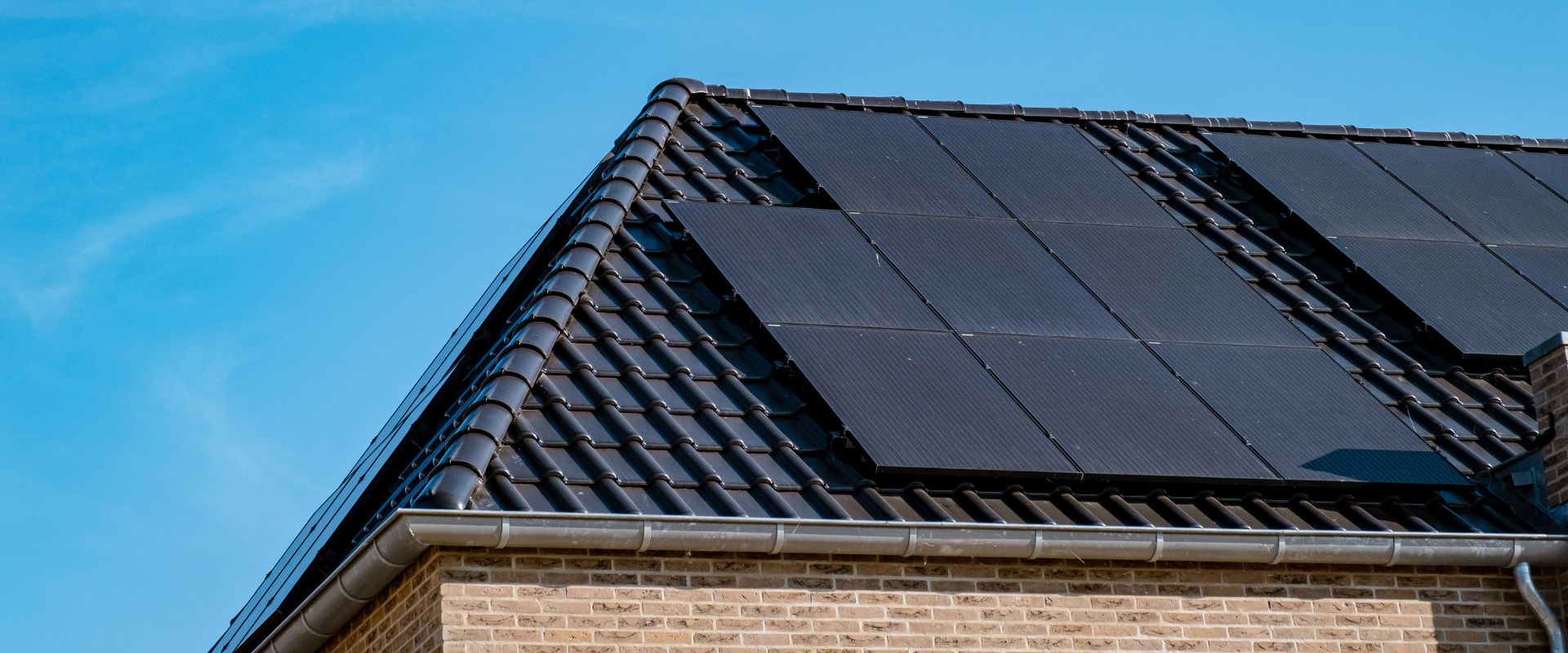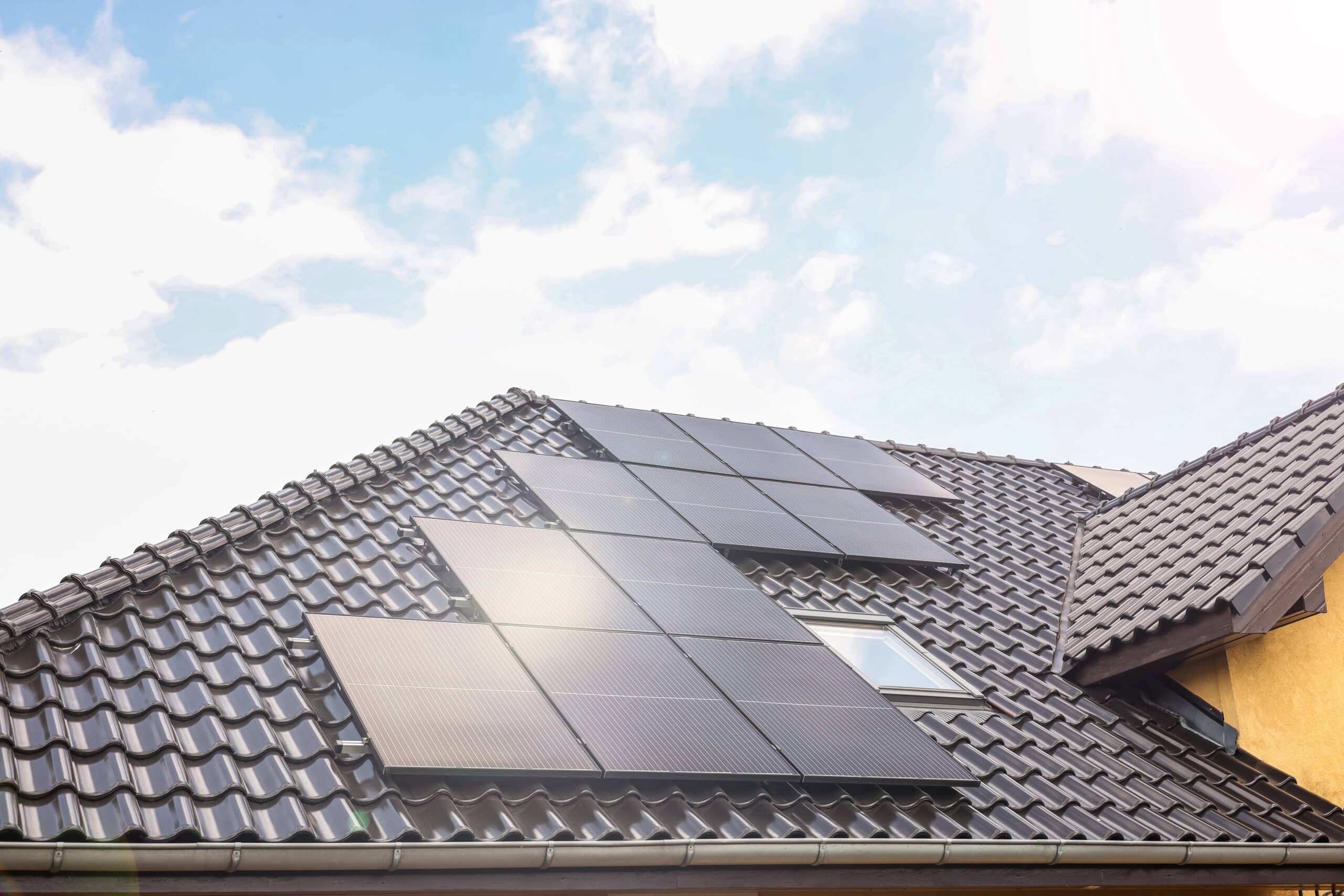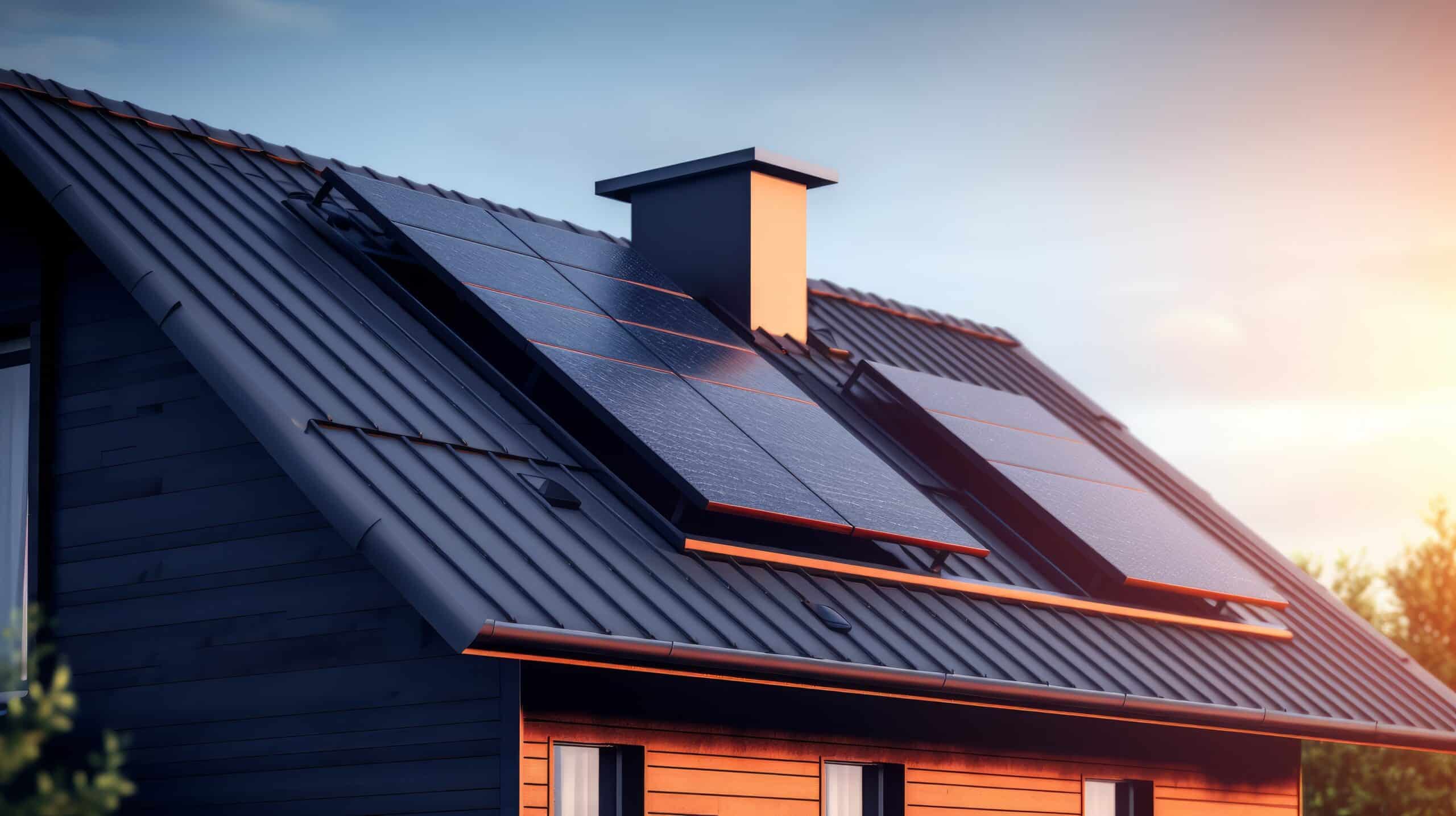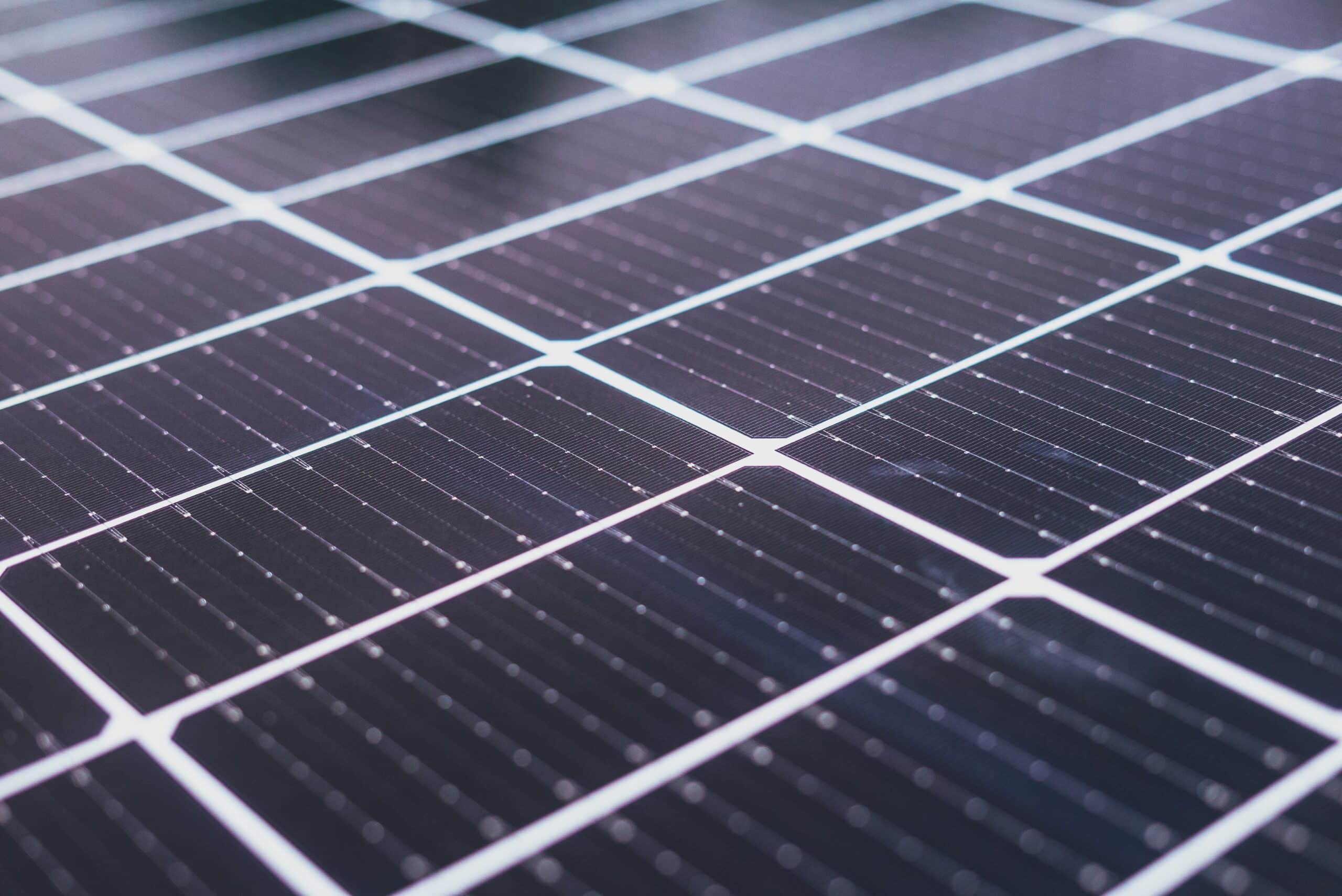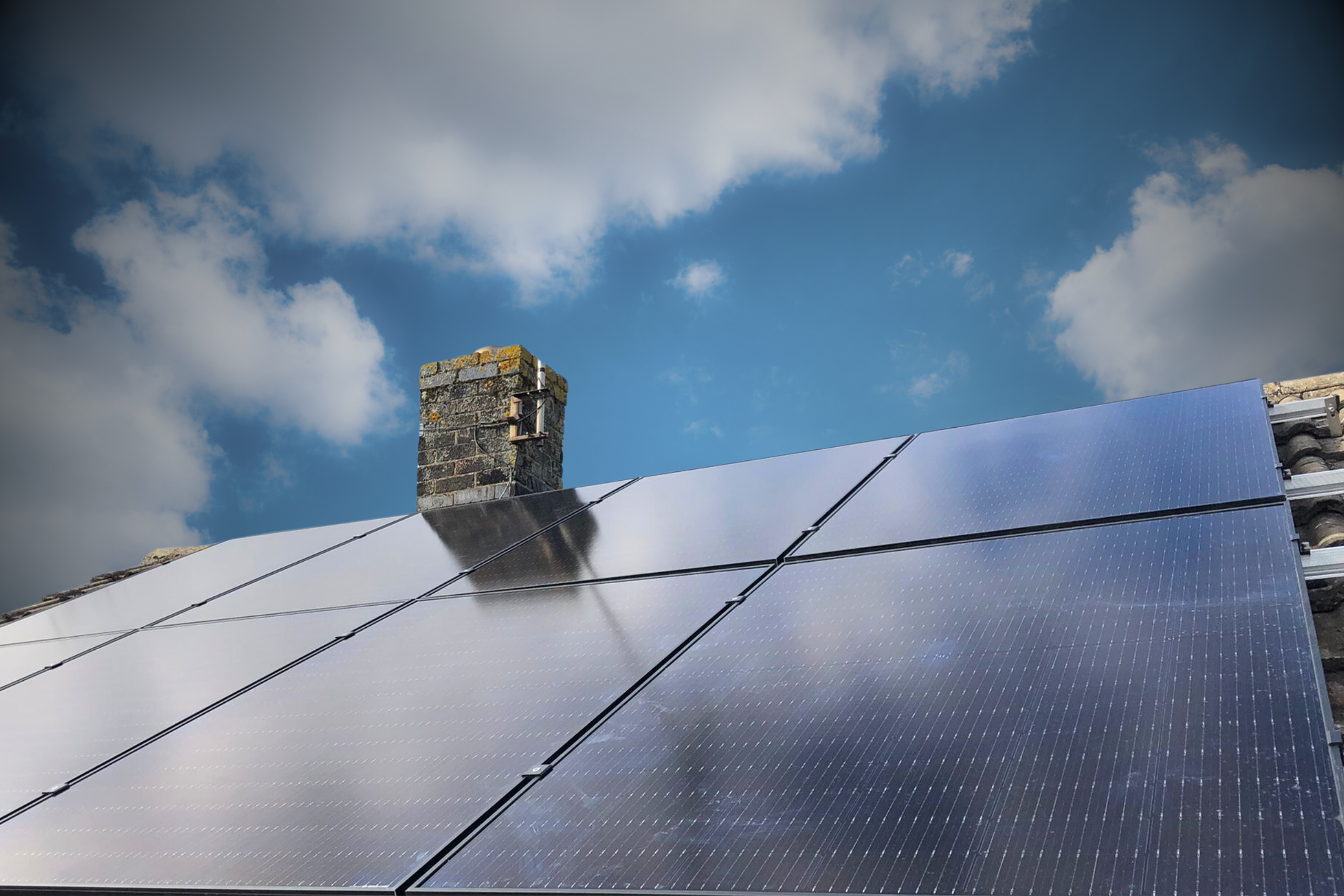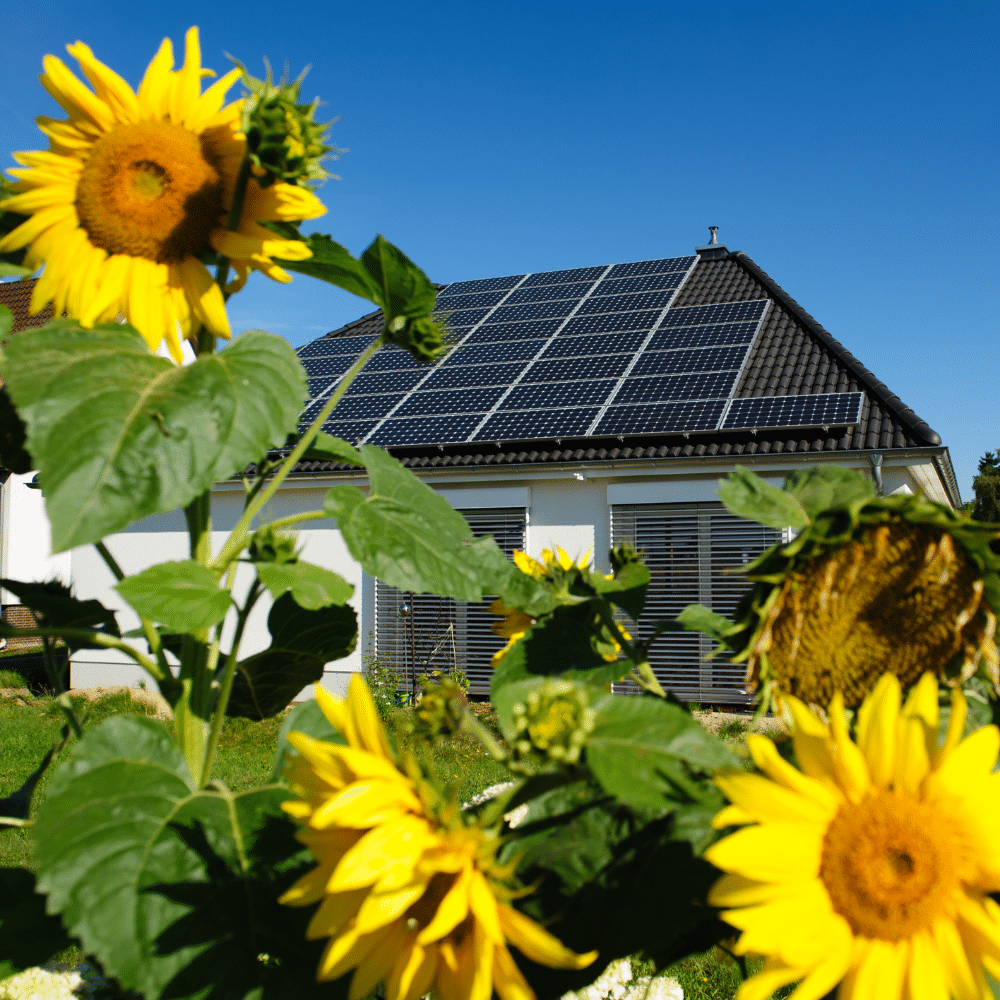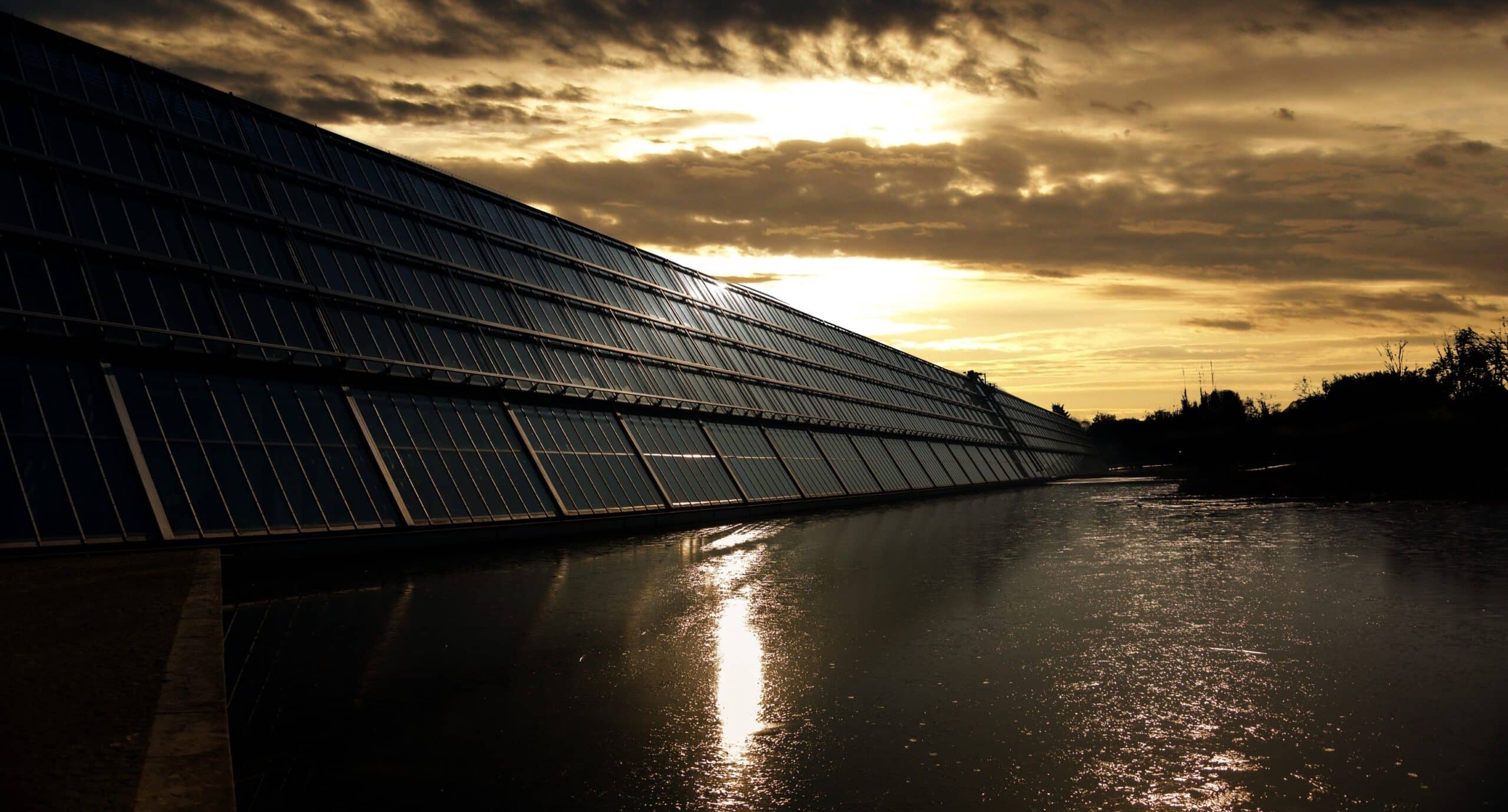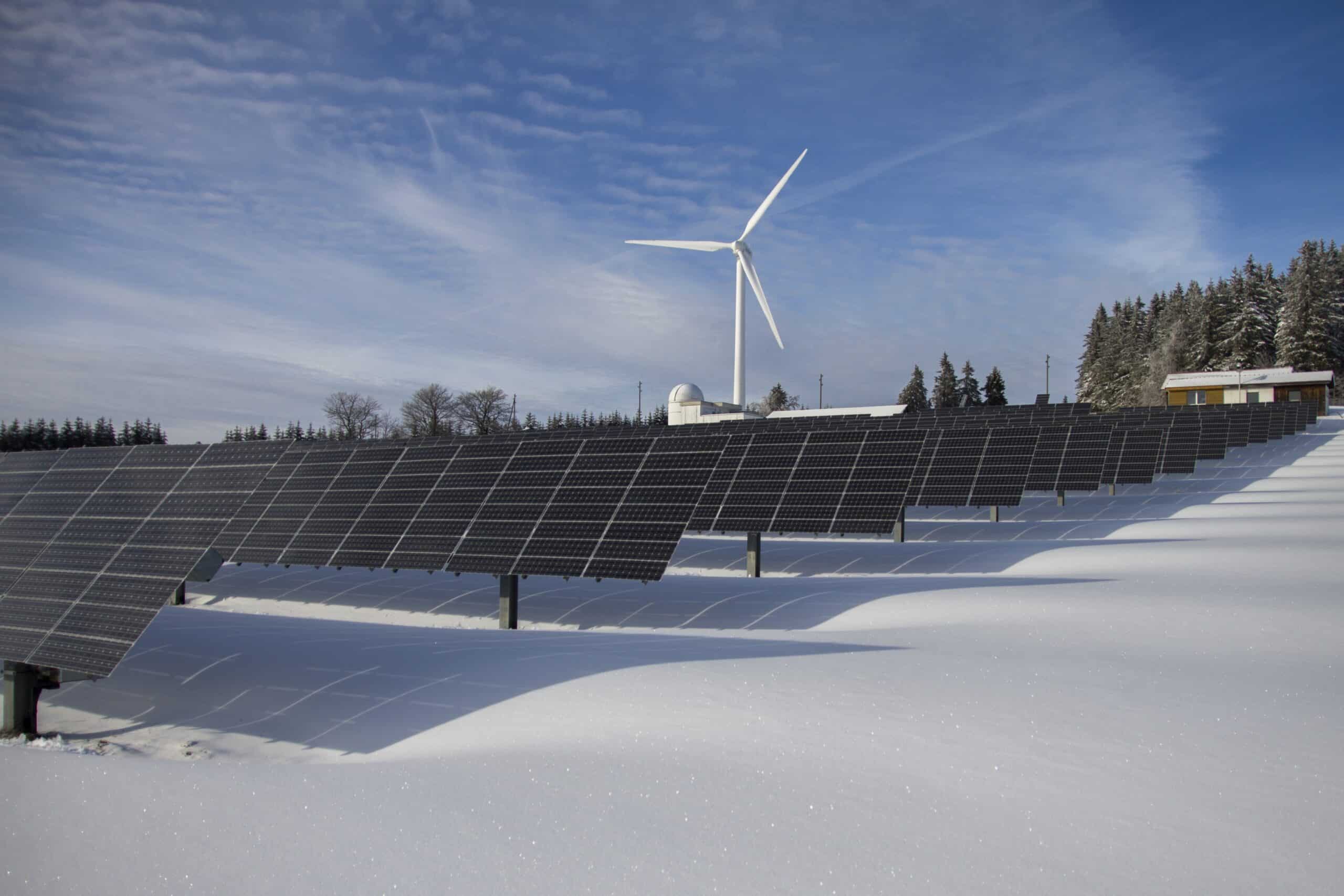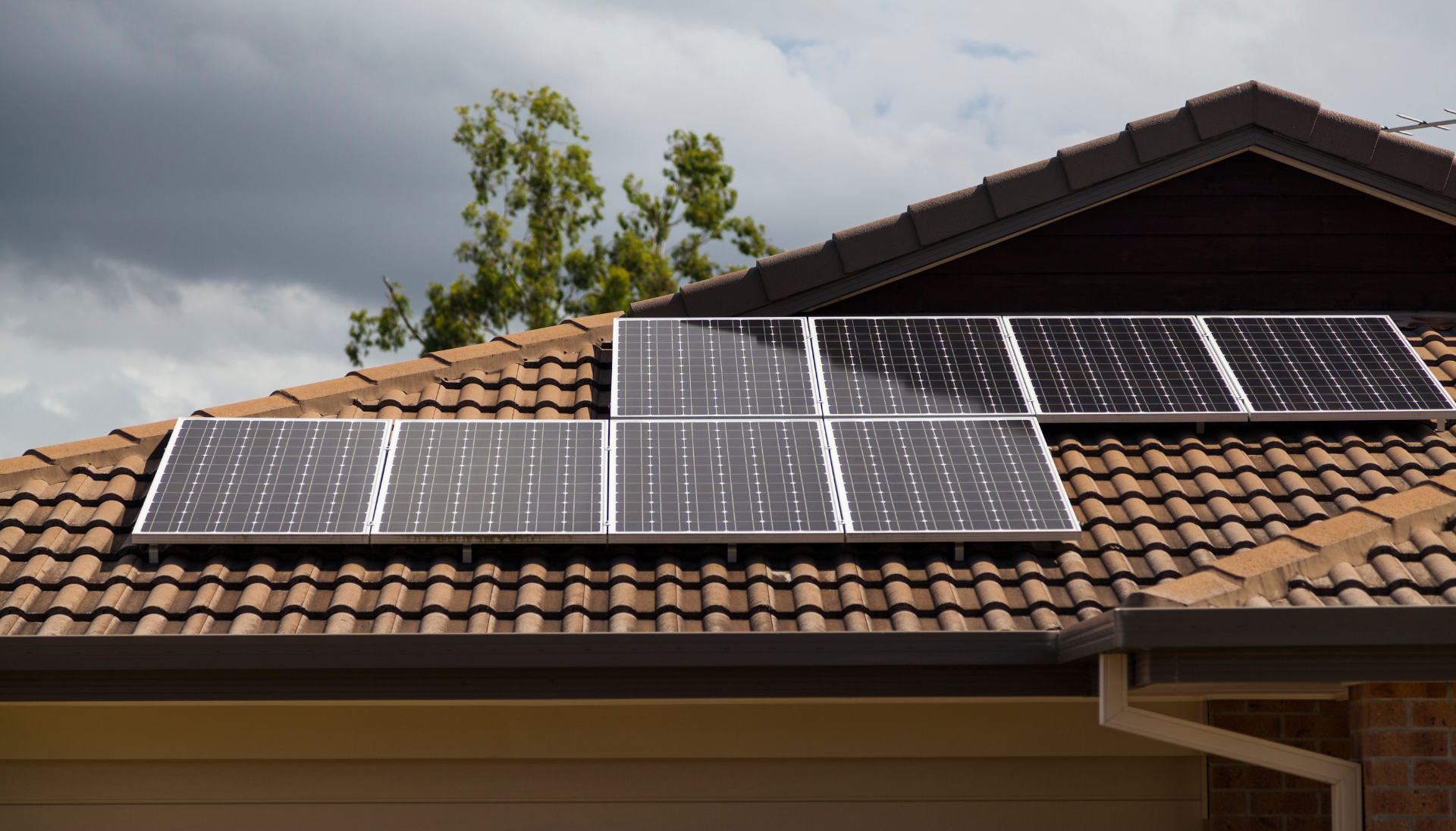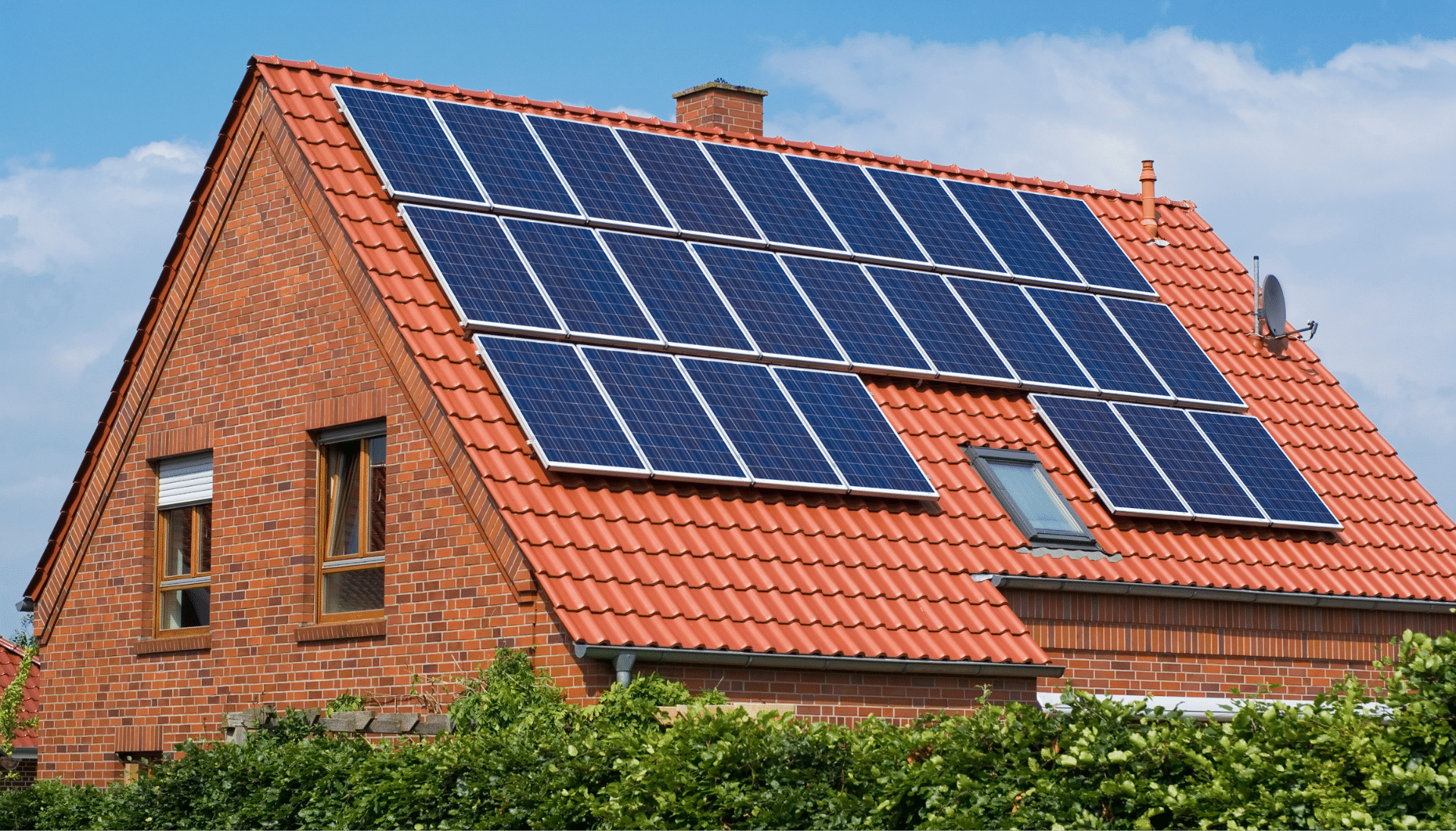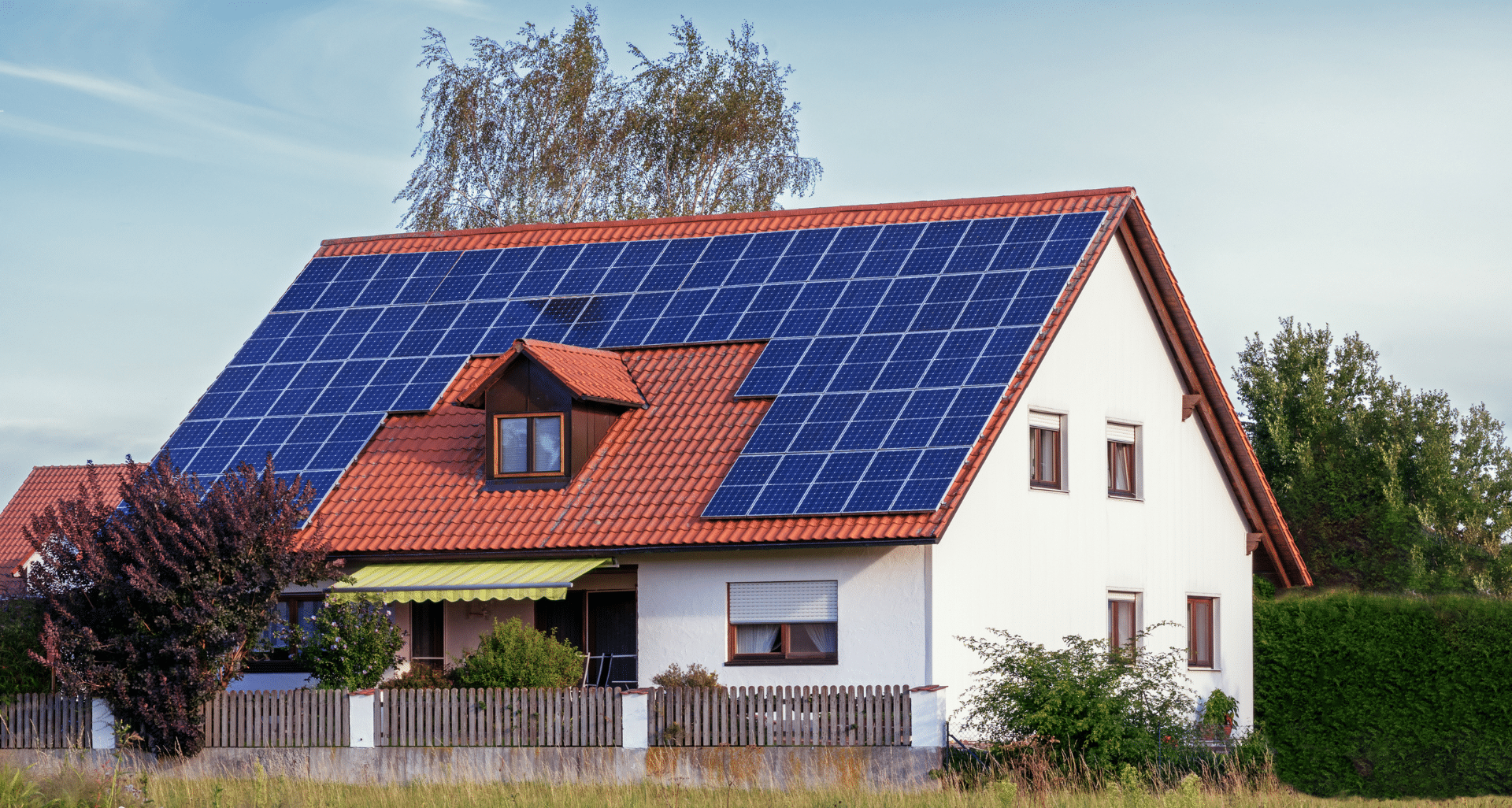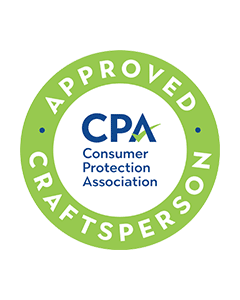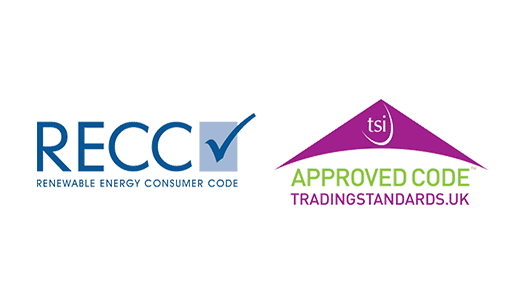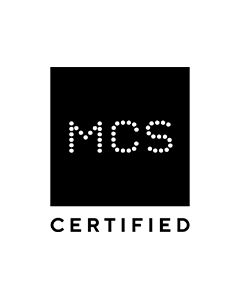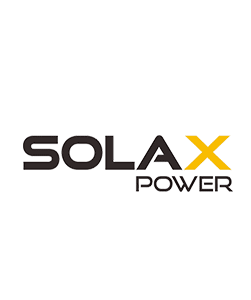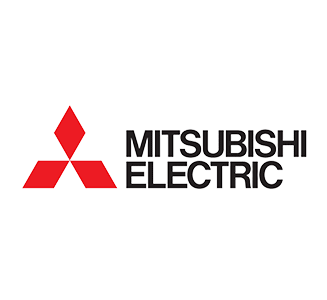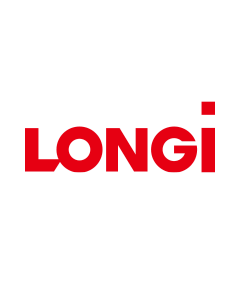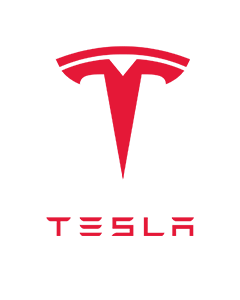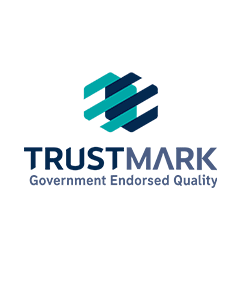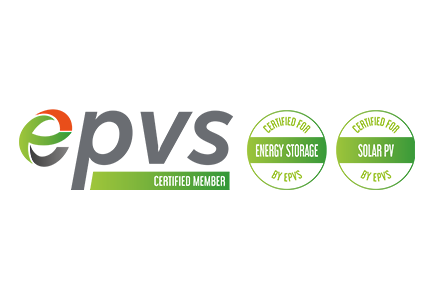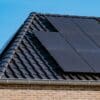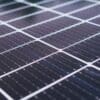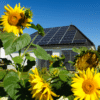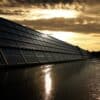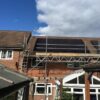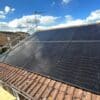We are thrilled you’d consider us to be your partner on the journey towards a greener and more sustainable future. With years of experience and a passion for renewable energy, our team of experts is committed to providing top-notch solar solutions for both homeowners and business owners.
At Creativ, we believe in the power of solar energy to transform the way we power our lives. Our mission is to make the process of going solar smooth, hassle-free, and rewarding for our valued customers. Whether you’re looking to reduce your carbon footprint, lower your energy bills, or increase the value of your property, we have the perfect solar panel solution for you.
Harnessing Solar Energy for a Sustainable Future
Solar energy is the most abundant and renewable energy source available on our planet. It harnesses the power of the sun, converting it into clean and green electricity. Embracing solar energy is a crucial step towards combatting climate change and building a sustainable future for generations to come.
By choosing solar panels, you’re making a positive impact on the environment by reducing greenhouse gas emissions and decreasing our reliance on fossil fuels. Solar power is a key player in the fight against global warming and air pollution, creating a cleaner and healthier environment for everyone.
Benefits of Solar Panels for Homeowners and Business Owners
Substantial Cost Savings: One of the most significant advantages of solar panels is the potential for long-term cost savings. By generating your electricity, you can significantly reduce or even eliminate your electricity bills, saving you money in the long run.
Return on Investment (ROI): Installing solar panels is an investment that pays off over time. With various financial incentives and government schemes, your solar system can provide an attractive return on investment while increasing the value of your property.
Energy Independence: Relying on solar power means reducing dependence on traditional energy suppliers. As a result, you become more self-sufficient and shielded from fluctuating energy prices.
Environmental Impact: Going solar is an environmentally conscious choice. By using clean energy, you are directly contributing to reducing carbon emissions and promoting sustainable living.
Low Maintenance: Solar panels are low-maintenance and built to last for decades. With minimal upkeep, you can enjoy hassle-free energy production.
Grid Resilience: During power outages or emergencies, solar panels with battery storage can provide a reliable backup power source, ensuring you stay connected when the grid goes down.
At Creativ, we are passionate about helping you unlock the full potential of solar energy for your property. Our team of skilled professionals is ready to guide you through every step of the solar panel installation process, making your transition to clean energy seamless and rewarding.
Stay tuned for more insightful sections in this blog series, where we will explore the technical aspects of solar energy, the installation process, financing options, and the many environmental benefits of embracing solar power. Let’s take the first step towards a sustainable and brighter future together!
Understanding Solar Energy
Solar energy is a renewable and inexhaustible source of power derived from the radiant energy of the sun. The sun emits an enormous amount of energy every second, and by capturing just a fraction of this energy, we can generate electricity to power homes, businesses, and even entire communities.
The process of harnessing solar energy involves the use of photovoltaic (PV) cells, which are the building blocks of solar panels. These cells are made from semiconductor materials, typically silicon, that can convert sunlight directly into electricity through the photovoltaic effect.
Solar energy is abundant and available everywhere, making it a sustainable alternative to conventional fossil fuels. It is also a clean and eco-friendly energy source, as it produces no greenhouse gas emissions or air pollutants during electricity generation.
How Solar Panels Work
Solar panels, also known as solar photovoltaic (PV) panels, are the heart of any solar energy system. They consist of multiple PV cells interconnected and encapsulated in a protective glass and frame. When sunlight strikes the surface of these PV cells, it excites the electrons, creating a flow of electricity.
The process of how solar panels work can be summarised as follows:
Absorption of Sunlight: Solar panels are designed to absorb sunlight, which is composed of tiny particles of energy called photons.
Electron Excitation: When photons strike the surface of the PV cells, they transfer their energy to the electrons in the semiconductor material, freeing them from their atoms.
Electrical Flow: The freed electrons create an electric current that can be harnessed to power electrical devices or stored in batteries for later use.
Direct Current (DC) Conversion: The electricity produced by solar panels is in the form of direct current (DC). To power most appliances and buildings, this DC electricity needs to be converted into alternating current (AC) using an inverter.
Grid Connection: The AC electricity generated by solar panels is either used immediately within the property or fed back into the electrical grid. In the case of surplus electricity production, it can be credited back to the owner through net metering.
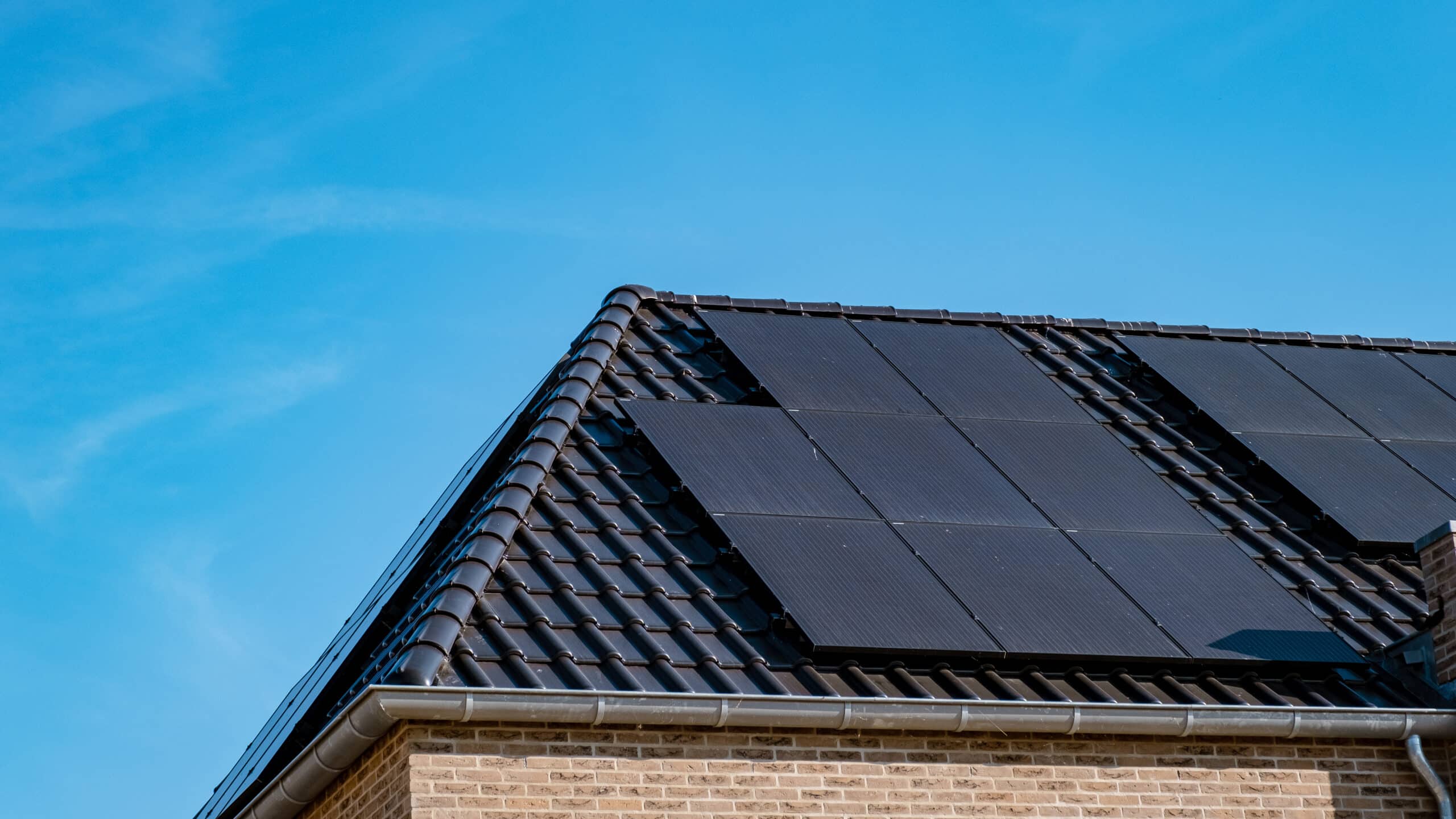
Assessing Your Property’s Suitability
Conducting a Solar Site Evaluation
Before diving into the solar panel installation process, it is essential to evaluate your property’s suitability for solar energy generation. A solar site evaluation is the initial step to determine the feasibility and potential solar output of your property. Our team of experts at Creativ will conduct a comprehensive assessment, considering various factors, such as:
Sunlight Availability: We’ll analyse the amount of sunlight your property receives throughout the year. The ideal location for solar panels should have unobstructed access to direct sunlight for most of the day.
Roof Orientation: The orientation of your roof in relation to the sun is critical. South-facing roofs generally receive the most sunlight in the Northern Hemisphere, while north-facing roofs are more suitable in the Southern Hemisphere.
Roof Pitch: The angle of your roof affects the efficiency of solar panels. Optimal angles may vary depending on your geographical location.
Available Space: We’ll assess the available roof or ground space for solar panel installation. Adequate space is essential to accommodate the desired capacity of solar panels.
Obstructions: Any potential obstructions, such as trees or tall buildings, that could cast shadows on the solar panels need to be identified and accounted for.
Analysing Sunlight Exposure and Shading
Shading is a crucial consideration in solar panel installation. Even partial shading on solar panels can significantly reduce their efficiency and energy output. During our evaluation, we’ll use shading analysis tools to understand the impact of shadows on your solar system’s performance. This analysis helps in determining the best panel placement and may involve tree trimming or other shading mitigation strategies.
Roof Inspection and Structural Considerations
Ensuring that your roof is structurally sound and capable of supporting the solar panel installation is vital. Our team will conduct a thorough roof inspection to assess its condition and identify any potential issues. Some considerations include:
Roof Age and Condition: The age and condition of your roof will affect the longevity and safety of the solar installation. If your roof requires repairs or replacement, it is best to address these issues before proceeding with solar panel installation.
Roof Load-Bearing Capacity: Solar panels add some weight to your roof. We’ll verify that the structure can withstand the additional load to prevent any structural damage.
Roof Material Compatibility: Different roofing materials may require specific installation methods to ensure a secure and waterproof solar panel attachment.
Warranty and Roof Lifespan: We’ll discuss how solar panel installation may impact your roof warranty and lifespan and provide suitable solutions.
At Creativ, we prioritise your safety and satisfaction. Our solar site evaluation process allows us to tailor the solar solution to your property’s unique characteristics, ensuring maximum energy efficiency and long-term benefits. We believe in transparency and will provide you with all the necessary information to make an informed decision about your solar investment.
Customising Your Solar Solution
Determining Your Energy Needs
At Creativ, we believe that each property is unique, and so are its energy requirements. Before proceeding with the solar panel installation, we’ll work closely with you to understand your energy consumption patterns and identify your specific energy needs. Our experienced team will:
Energy Audit: Conduct an energy audit to analyse your past electricity bills and consumption trends. This will help us gauge your average daily energy usage and seasonal variations.
Future Energy Projections: Consider any potential changes in your energy needs, such as the addition of electrical appliances or expansion of your property.
Sustainability Goals: Discuss your sustainability goals and whether you aim to achieve partial or complete energy independence through solar power.
Designing a Tailored Solar Panel System
Armed with the insights from the energy needs assessment, we will craft a bespoke solar panel system that best aligns with your goals and property characteristics. Our design process involves:
System Size: Determining the appropriate size of the solar panel system based on your energy consumption, available roof or ground space, and the amount of sunlight your property receives.
Panel Placement: Optimising the placement of solar panels to maximise sunlight exposure and minimise shading. This may involve considering different mounting options, such as roof mounts or ground mounts.
Incorporating Battery Storage (Optional): If you’re interested in energy storage solutions, we’ll explore the possibility of integrating battery storage to store excess energy for use during non-sunny hours or in case of power outages.
System Aesthetics: Taking into account the visual impact of solar panels on your property. We aim to design a system that complements the aesthetics of your home or business.
Choosing the Right Solar Panels and Inverters
As a leading solar panel installation company, we are committed to using high-quality components that guarantee optimal performance and durability. We will guide you in selecting:
Solar Panels: We offer a wide range of solar panels with varying efficiency levels and warranties. Our team will explain the differences and help you choose the panels that best suit your needs and budget.
Inverters: Inverters are essential for converting the DC electricity generated by solar panels into usable AC electricity. We’ll recommend inverters that match your system’s specifications and ensure seamless energy conversion.
Quality and Certifications: All our solar panels and inverters come from reputable manufacturers and meet industry standards and certifications.
Warranty and After-Sales Support: We provide comprehensive warranty options for our solar panel systems and offer reliable after-sales support to ensure your system operates smoothly for years to come.
At Creativ, we believe that a successful solar installation starts with meticulous customisation. Our team’s expertise combined with cutting-edge technology allows us to create tailored solar solutions that meet your energy needs, align with your sustainability objectives, and bring you substantial savings.
Financing and Incentives
Exploring Financing Options
At Creativ, we understand that upfront costs can be a concern for some homeowners and businesses looking to go solar. That’s why we offer flexible financing options to make the transition to solar energy more affordable and accessible.
Solar Loans: We can connect you with reputable lenders offering solar-specific loans with competitive interest rates and favorable terms. These loans allow you to spread the cost of your solar panel installation over time, making it easier to fit within your budget.
Government Incentives and Tax Benefits
The UK government, along with local authorities, provides several incentives and tax benefits to encourage the adoption of solar energy. These incentives can significantly reduce the overall cost of your solar panel installation and expedite your return on investment. Some of the notable incentives include:
Feed-in Tariff (FiT): Though the Feed-in Tariff scheme has ended for new applicants, existing participants may still receive payments for generating and exporting excess electricity to the grid.
Renewable Heat Incentive (RHI): For solar thermal installations, the Renewable Heat Incentive offers payments over a period to homeowners and businesses that generate heat from renewable sources.
Smart Export Guarantee (SEG): Under the SEG, energy suppliers must offer a payment for surplus electricity exported to the grid. This ensures that you can still earn money from your excess solar energy.
Reduced VAT: Residential solar panel installations are eligible for a reduced VAT rate of 5%, making the overall cost more affordable.
Return on Investment (ROI) and Long-term Savings
Investing in solar panels can yield attractive returns over time, providing long-term savings and financial benefits. As you generate your electricity, you’ll see a reduction in your energy bills, leading to substantial savings in the long run.
Energy Bill Savings: With solar panels producing electricity for your property, you’ll rely less on grid-supplied energy, resulting in lower energy bills.
Export Income: If you generate more electricity than you use, you can export the surplus to the grid and earn income through the SEG or other incentive programs.
Return on Investment (ROI): The initial investment in solar panels can be recouped through energy bill savings and incentives, leading to a positive ROI over time.
Increased Property Value: Solar panels can enhance the value of your property, making it more attractive to potential buyers in the future.
At Creativ, we are committed to helping you explore the best financing options and maximise the available incentives to make your solar journey cost-effective and rewarding. Our team will guide you through the process of applying for incentives and ensure you receive the full benefits available to you.
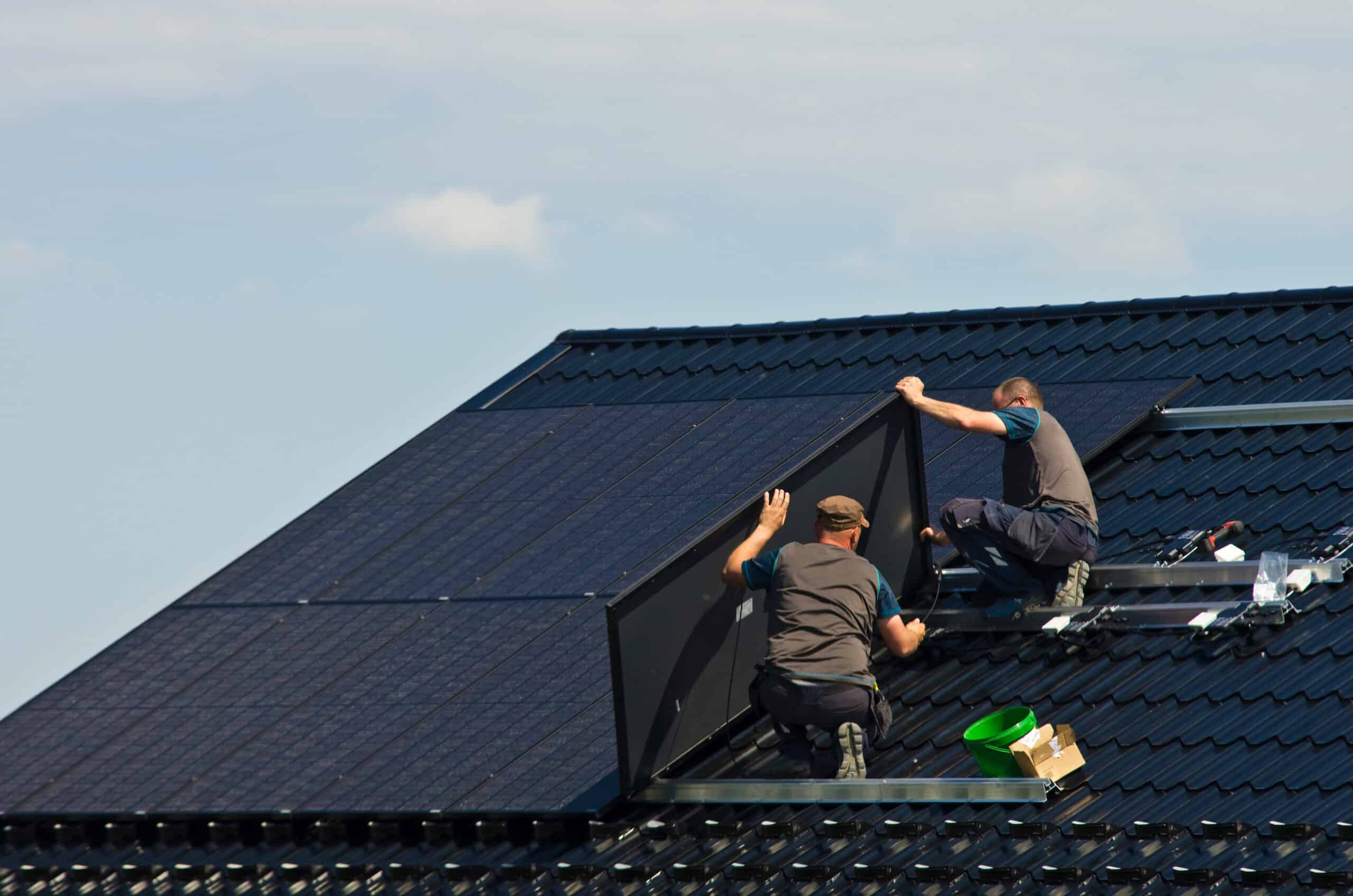
The Solar Installation Process
Scheduling the Installation Date
Once you’ve finalised your solar panel system and financing options, our team will work with you to schedule the installation date. We aim to be flexible and accommodate your preferences while ensuring a smooth and timely installation process.
Coordination with You: Our team will get in touch to find a suitable date for the installation, considering your availability and any specific requirements you may have.
Permitting and Paperwork: We will handle all the necessary permitting and paperwork, ensuring compliance with local regulations and building codes.
Weather Considerations: While we strive to stick to the scheduled date, adverse weather conditions might require rescheduling for safety and quality assurance.
Preparing Your Property for Installation
Before the installation day, there are a few simple steps you can take to prepare your property for the solar panel setup:
Clearing the Area: If you’ve opted for a ground-mounted system, ensure that the designated area is clear of any obstacles like toys, garden equipment, or debris.
Roof Access: If the installation involves rooftop panels, provide access to our installation team by removing any barriers or obstructions near the roof.
Pets and Safety: Keep pets and children away from the work area on the installation day for their safety and the efficiency of our team.
The Actual Solar Panel Installation Day
The installation day is an exciting milestone in your solar journey. Our experienced and professional team will arrive promptly to carry out the installation with minimal disruption to your daily activities. Here’s what you can expect:
Equipment Arrival: Our team will arrive with all the necessary equipment and materials to begin the installation.
Safety Precautions: Safety is our top priority. Our installers will take the necessary precautions, including wearing safety gear and following industry best practices.
Mounting the Panels: For rooftop installations, we’ll mount the solar panels securely to your roof using reliable and weather-resistant materials.
Wiring and Inverter Installation: The solar panels will be connected using high-quality wiring, and the inverter, responsible for converting DC electricity to AC, will be installed.
Final Inspections: Once the installation is complete, our team will conduct thorough inspections to ensure the system is functioning optimally and safely.
Customer Walkthrough: Before we wrap up, we’ll walk you through your new solar panel system, explaining its components and addressing any questions you may have.
System Activation: After final approvals, your solar panel system will be activated, and you’ll start generating clean, renewable energy for your property!
At Creativ, we take pride in delivering exceptional service and quality installations. Our experienced technicians will handle every aspect of the installation with precision and care, ensuring that your solar panel system is set up for maximum efficiency and longevity.
In the next section, we’ll delve into the safety and quality assurance measures we take to provide you with a reliable and high-performing solar energy system. Stay tuned to learn more about how we prioritise your satisfaction and peace of mind throughout the solar panel installation process.
Safety and Quality Assurance
At Creativ, your safety and satisfaction are paramount. We prioritise using best practices, complying with industry standards, and providing reliable warranty and maintenance services to ensure your solar panel system operates smoothly for years to come.
Ensuring Safe Installation Practices
Certified Installers: Our installation team comprises experienced and certified professionals who undergo rigorous training to ensure safe and efficient installations.
Safety Protocols: We adhere to strict safety protocols during the installation process to protect both our team and your property.
Insurance Coverage: Creativ is fully insured, providing you with added peace of mind in the rare event of any unforeseen incidents.
Compliance with Industry Standards
Regulatory Compliance: Our solar panel installations comply with all local building codes, regulations, and permitting requirements.
Quality Components: We only use high-quality solar panels, inverters, and mounting materials that meet industry standards and certifications.
Quality Assurance Inspections: Before, during, and after installation, our team conducts meticulous inspections to ensure everything is in order and operating optimally.
Warranty and Maintenance
Manufacturer’s Warranty: We work with reputable manufacturers who provide comprehensive warranties for their solar panels and inverters.
Workmanship Warranty: Creativ stands by the quality of our work. We offer a workmanship warranty to cover the installation process.
Maintenance Services: Regular maintenance is essential to keep your solar panel system performing at its best. We offer maintenance services to ensure the longevity and efficiency of your system.
Monitoring Solutions: For added convenience, we can provide monitoring solutions that allow you to track your solar system’s performance in real-time.
In the unlikely event of any issues or concerns with your solar panel system, our dedicated customer support team is always here to assist you promptly. We pride ourselves on delivering top-notch customer service, and we are committed to resolving any inquiries you may have.
At Creativ, we consider our relationship with you as a long-term partnership. Our goal is not just to install solar panels but to support you throughout your solar journey, from initial consultation to long after the installation. Going solar with Creativ means investing in a sustainable future backed by quality, safety, and reliability.
In the next section, we’ll explore the many environmental benefits of embracing solar energy. Join us as we celebrate the positive impact you’re making on the planet by choosing renewable energy. Stay tuned for more valuable insights on your solar-powered adventure!
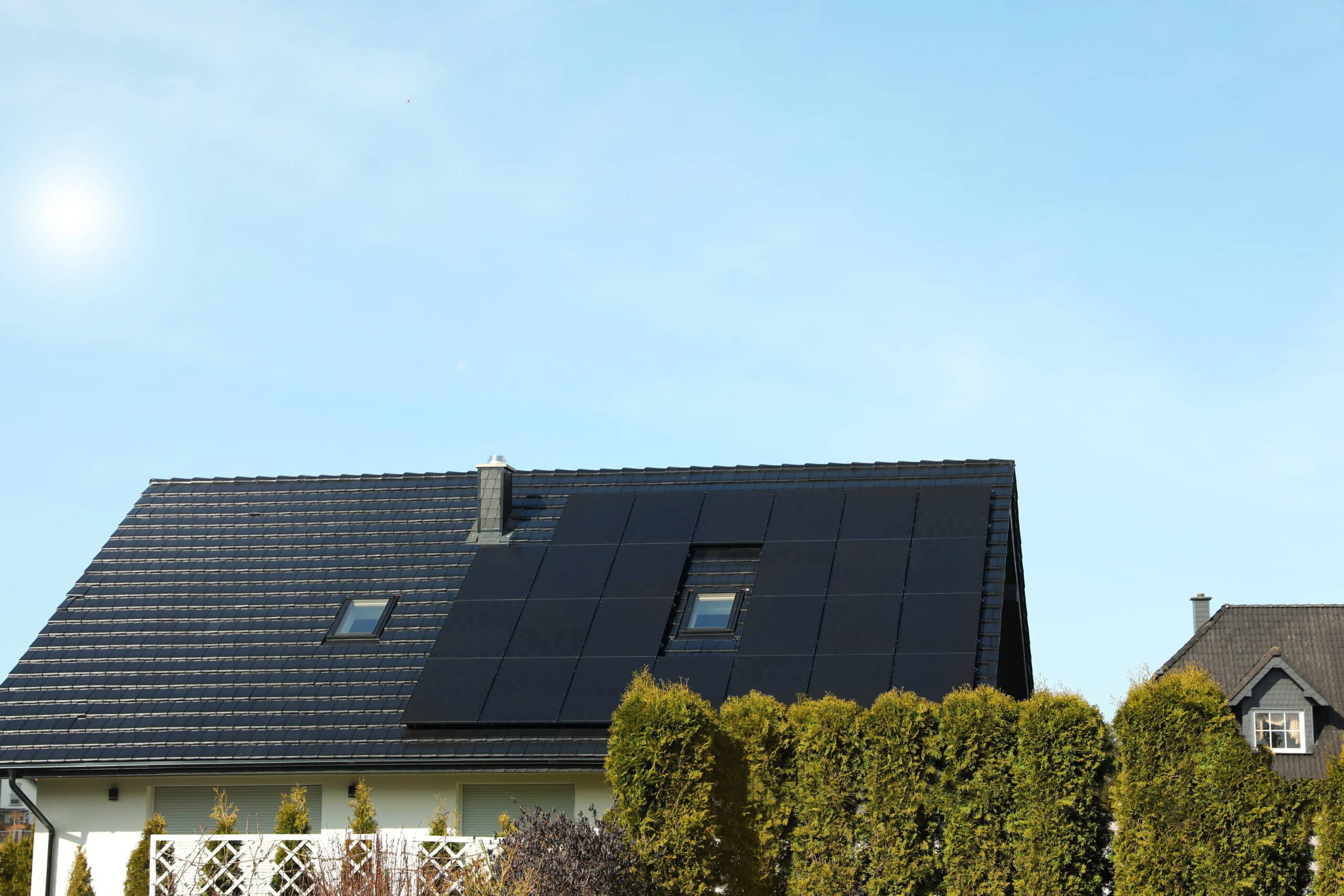
Connecting to the Grid
Grid Connection and Net Metering
Now that your solar system is up and running, let’s explore how it connects to the grid and how you can maximise its benefits.
Grid Connection: Your solar panel system is connected to the electrical grid, allowing you to draw electricity from the grid when your solar production is insufficient (e.g., during cloudy days or at night).
Net Metering: With net metering, any excess electricity generated by your solar panels is sent back to the grid. Your energy provider will credit you for this surplus energy, effectively reducing your electricity bills.
Two-Way Communication: Your net meter measures both the electricity your solar system sends to the grid and the electricity you consume from the grid. This two-way communication ensures accurate billing and credit.
Understanding Feed-in Tariffs (FiTs)
While the Feed-in Tariff (FiT) scheme is no longer available for new participants, existing FiT participants may continue to receive payments for the electricity they generate and export to the grid. If you were part of the FiT scheme before its closure, you’ll continue to benefit from these payments.
Monitoring Your Solar System’s Performance
Monitoring your solar panel system’s performance is essential to ensure it operates optimally and to identify any potential issues early on. At Creativ, we offer monitoring solutions that allow you to keep track of your solar system’s performance in real-time.
Data Monitoring: Our monitoring systems provide detailed data on your system’s energy production, allowing you to see how much electricity your solar panels are generating daily, monthly, and annually.
Performance Alerts: In the event of any irregularities or drops in system performance, our monitoring system will send you alerts, allowing us to address any potential issues promptly.
Remote Troubleshooting: Our monitoring solutions enable remote troubleshooting, allowing us to diagnose and resolve many issues without the need for an on-site visit.
Regularly monitoring your solar system’s performance empowers you to make informed decisions and ensures that you’re maximising the benefits of your investment.
By connecting your solar panel system to the grid and utilising net metering, you’re not only reducing your reliance on traditional energy sources but also contributing to a more resilient and sustainable energy future. Going solar is not only financially beneficial but also environmentally responsible.
Embracing Renewable Energy
By embracing renewable energy, you’re taking significant steps towards a more sustainable and greener future. Let’s explore the broader environmental impact of solar energy and the positive changes you’re making for the planet.
Reducing Carbon Footprint
Mitigating Greenhouse Gas Emissions: Solar energy is a clean and emission-free energy source. By using solar panels to generate electricity, you’re reducing the demand for fossil fuels, thereby helping to lower greenhouse gas emissions that contribute to global warming and climate change.
Avoiding Air Pollution: Traditional energy sources, such as coal and natural gas, release harmful pollutants into the air when burned. By choosing solar energy, you’re helping to improve air quality and reduce the health risks associated with air pollution.
Conserving Water Resources: Conventional power plants often require vast amounts of water for cooling. Solar panels do not need water for operation, thus conserving this precious resource for other essential uses.
Environmental Benefits of Solar Energy
Biodiversity Preservation: The extraction and use of fossil fuels often lead to habitat destruction and loss of biodiversity. Solar energy, being a sustainable and non-intrusive energy source, helps protect natural habitats and wildlife.
Limited Land Impact: Solar panels can be installed on rooftops, unused land, or other non-pristine areas, reducing the need for large-scale land clearance and minimising the impact on natural ecosystems.
No Noise Pollution: Unlike some conventional power plants, solar panels operate silently, creating a peaceful environment for you and your community.
Contributing to a Greener Future
Inspiring Change: By choosing solar energy, you’re setting a positive example for your community and inspiring others to consider renewable energy options. Your decision can create a ripple effect, encouraging more people to adopt sustainable practices.
Supporting Renewable Energy Growth: The increased demand for solar energy drives technological advancements and economies of scale, making solar power more accessible and affordable for everyone.
Energy Independence: Embracing solar energy makes your property more self-sufficient, reducing your reliance on external energy sources and promoting energy independence at the community level.
As more homeowners and businesses transition to solar energy, the collective impact on the environment grows significantly. Every solar panel installation is a step towards reducing greenhouse gas emissions, conserving resources, and building a sustainable future for generations to come.
Addressing Common Queries
How do solar panels work?
Solar panels work by converting sunlight into electricity through the photovoltaic effect. When sunlight hits the solar cells, it excites electrons, creating an electric current that can be used to power your home or business.
How much do solar panels cost?
The cost of solar panels can vary depending on the size of the system, quality of components, and installation complexity. At Creativ, we offer competitive pricing and financing options to suit your budget.
Will solar panels work on cloudy days?
Yes, solar panels can still generate electricity on cloudy days, though their output will be lower than on sunny days. Solar panels can still produce energy from diffused sunlight even when direct sunlight is limited.
Do I need battery storage with my solar panels?
Battery storage is optional but can be beneficial if you want to store excess energy for use during non-sunny hours or as a backup during power outages. Our team can assess whether battery storage is a suitable option for your needs.
Debunking Solar Panel Myths
Myth: Solar panels require constant maintenance.
Fact: Solar panels are generally low-maintenance and only require periodic cleaning to remove dirt and debris. High-quality panels are designed to withstand various weather conditions and can last for decades.
Myth: Solar panels are too expensive.
Fact: While solar panels do require an upfront investment, they offer long-term cost savings through reduced electricity bills and potential financial incentives. Additionally, financing options make solar more affordable for many.
Myth: Solar panels are not efficient in cold climates.
Fact: Solar panels can still generate electricity in cold climates. In fact, solar panels are more efficient at converting sunlight to electricity at lower temperatures.
Myth: Solar panels will damage my roof.
Fact: Professional installation ensures that solar panels are securely mounted to your roof without causing damage. If anything, solar panels can actually protect your roof by providing additional shade and reducing weather exposure.
As solar panel experts, we are here to address any questions or concerns you may have about solar energy. Our team is well-equipped to provide accurate information and help you make an informed decision that aligns with your needs and goals.
If you have any other queries or would like to learn more about our solar panel installation services, please feel free to contact us. We are dedicated to providing you with exceptional service and support as you embark on your solar-powered journey.

